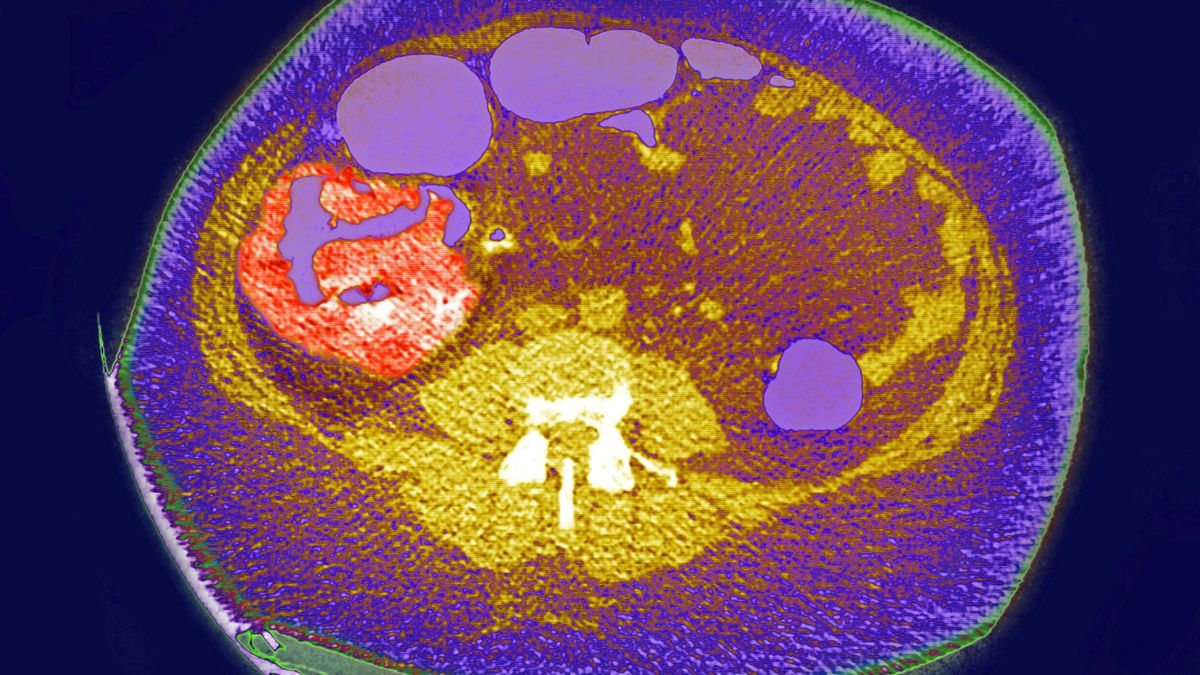Unraveling the Rise of Bowel Cancer Among Young Adults
A concerning trend is emerging as bowel cancer rates rise among younger populations. This article delves into the potential causes, implications, and what young adults can do to protect their health.
Understanding Bowel Cancer
Bowel cancer, also known as colorectal cancer, affects the large intestine (colon) and rectum. Traditionally viewed as an ailment of older adults, recent studies have shown a troubling increase in incidence among young adults aged 20 to 49. This shift not only challenges established medical norms but also raises urgent public health questions.
The Alarming Statistics
Research from various health organizations indicates that bowel cancer rates in young adults have been steadily increasing over the past few decades. In the United States, for instance, the incidence of colorectal cancer among individuals under 50 has risen by approximately 51% since the mid-1990s. The American Cancer Society reports that more than 18,000 cases of colorectal cancer are expected in this age group in 2023 alone.
Potential Causes of Rising Incidence
While the exact reasons for the rise in bowel cancer among young adults remain unclear, several factors have been identified that may contribute to this disturbing trend:
- Dietary Changes: The typical modern diet, which is often high in processed foods, red meats, and sugars, may play a significant role in increasing bowel cancer risk. A lack of fiber-rich foods, such as fruits, vegetables, and whole grains, can also contribute.
- Obesity: The prevalence of obesity among young adults has surged in recent years. Excess weight is a known risk factor for several cancers, including bowel cancer.
- Physical Inactivity: Sedentary lifestyles are common in younger populations, particularly with the rise of technology and remote working environments. Regular physical activity is crucial for maintaining a healthy weight and reducing cancer risk.
- Genetic Factors: Some young adults may have hereditary conditions that increase their risk for bowel cancer. Genetic testing and family history can be essential in identifying those at higher risk.
- Environmental Factors: Exposure to certain chemicals, pollutants, and lifestyle factors such as smoking may also contribute to increasing bowel cancer rates.
Recognizing the Symptoms
Awareness of bowel cancer symptoms is critical, especially for younger adults who may not consider themselves at risk. Early detection can significantly improve treatment outcomes. Common signs and symptoms include:
- Changes in bowel habits, such as diarrhea or constipation that lasts more than a few days
- Blood in the stool or rectal bleeding
- Unexplained weight loss
- Abdominal pain or discomfort
- Fatigue
If you notice any of these symptoms, it’s essential to consult a healthcare provider promptly. Ignoring these signs can delay diagnosis and treatment, leading to more severe health issues.
Screening Recommendations
Screening for bowel cancer has traditionally begun at age 50, but given the rising incidence among younger adults, many health experts recommend that discussions about screening start earlier. The following guidelines can help:
- Individuals with a family history of bowel cancer should consider starting screening before the age of 50.
- Genetic counseling and testing might be beneficial for those with hereditary syndromes.
- Regular screenings, such as colonoscopies, can help detect precancerous polyps before they develop into cancer.
What Young Adults Can Do
There are proactive steps that young adults can take to reduce their risk of bowel cancer. Here are some recommendations:
- Adopt a Healthy Diet: Focus on a balanced diet rich in fruits, vegetables, whole grains, and lean proteins. Reducing processed foods and red meat can significantly lower risk.
- Maintain a Healthy Weight: Aim for a healthy body weight through regular exercise and a balanced diet. Even small changes can lead to significant health benefits.
- Stay Physically Active: Engage in at least 150 minutes of moderate-intensity exercise each week. This can include walking, cycling, or any activity that raises your heart rate.
- Avoid Tobacco and Limit Alcohol: Both smoking and excessive alcohol consumption are linked to an increased risk of bowel cancer. Quitting smoking and limiting alcohol intake can improve overall health.
- Be Informed: Stay updated on bowel cancer research and screening guidelines. Being informed empowers individuals to take charge of their health.
The Role of Healthcare Providers
Healthcare providers play a crucial role in addressing this rising trend. They must:
- Be vigilant about assessing risk factors in young adults during routine check-ups.
- Encourage discussions about bowel health and symptoms with patients.
- Advocate for earlier screening protocols and genetic testing when appropriate.
Conclusion
The rise of bowel cancer among young adults is a multifaceted issue that requires awareness, education, and action. By understanding the risk factors, recognizing symptoms, and making healthy lifestyle choices, young adults can significantly reduce their risk of developing this disease. It’s essential to engage in open conversations with healthcare providers and advocate for necessary screenings. Together, we can work towards reversing this troubling trend and ensuring better health outcomes for future generations.
With increased awareness and proactive measures, we can combat the rise of bowel cancer among young adults and promote a healthier future.
See more WebMD Network



